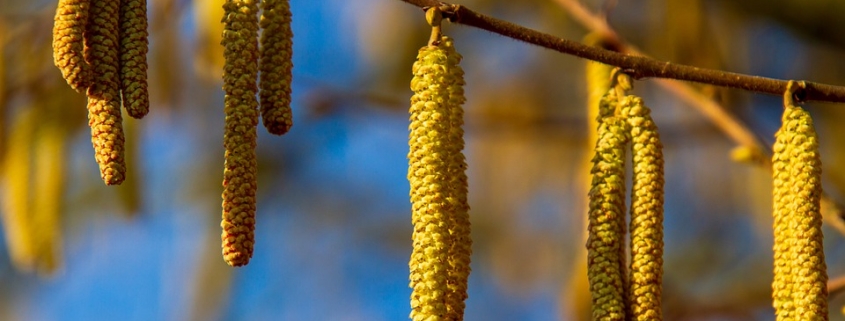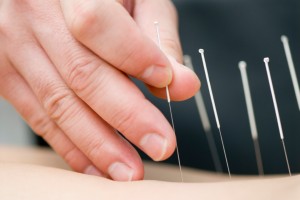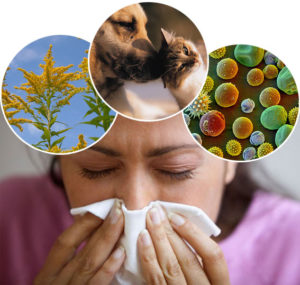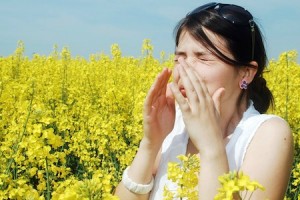Spring may be beautiful, but there are many who live with seasonal allergies who look upon the return of flowers, blossoms and other beautiful blooming plants with trepidation.
An ‘allergy’ is a sensitivity to something in your body that is usually harmless. When your body encounters a foreign substance inside your nose or air ways, the allergic reaction begins. Seasonal allergies are the same thing.
An allergic reaction is what happens in your body following exposure to allergens. The tissues inside your nose respond to allergens by releasing substances such as histamine. Histamines then trigger sneezing, runny nose, itchy, watery eyes and itchy throat or nose.
What is Hay Fever?
Seasonal allergic rhinitis, or “hay fever”, affects millions of people every spring. Symptoms include sneezing, runny nose, sore throat, coughing, itchy watery eyes, congestion etc.
Allergies are your body’s reaction to allergens (mold, dust pollen), a sign that your immune system is working overtime.
Allergies are your immune system trying to defend itself. You immune system identifies pollen, dust etc. as an invader or allergen. Your immune system overreacts by producing antibodies called Immunoglobulin E (IgE). These antibodies travel to cells that release chemicals, causing an allergic reaction.
Pollen and Mold Both Trigger Allergies
Pollen are tiny particles that are released from trees, weeds, and grasses. The weather can affect the amount of pollen in the air at any time.
Molds are tiny fungi that thrive in moist warm conditions; with their spores floating in the air, much like pollen.
Allergy testing can verify whether you’re reacting to mold, pollen, dust mites, or pet dander. Every person is different in what they react to. Just because you haven’t reacted to something currently, doesn’t mean you won’t react to it in the future. Anyone can become sensitized at any time.
5 Simple Steps to Manage Seasonal Allergies
There are some simple steps you can take to limit your exposure to the pollen or molds that cause your symptoms:
- Keep your windows closed
- Try to stay indoors when the pollen counts are highest, typically between 5am and 10am
- When you return indoors, take a shower and change clothes
- Avoid chores that stir up pollen and molds such as gardening, and lawn mowing
- Keep the relative humidity in your home below 50 percent; this also helps to discourage mold
Acupuncture Can Help With Seasonal Allergies
While allergy medications can temporarily alleviate the symptoms of hay fever, acupuncture addresses the underlying imbalance that’s causing the symptoms in the first place.
Acupuncture looks at allergies as a general disruption of a person’s defensive mechanisms. Instead of accepting the over reactive immune response and suppressing it with antihistamines, acupuncturists look at why the person’s immunity is compromised.






